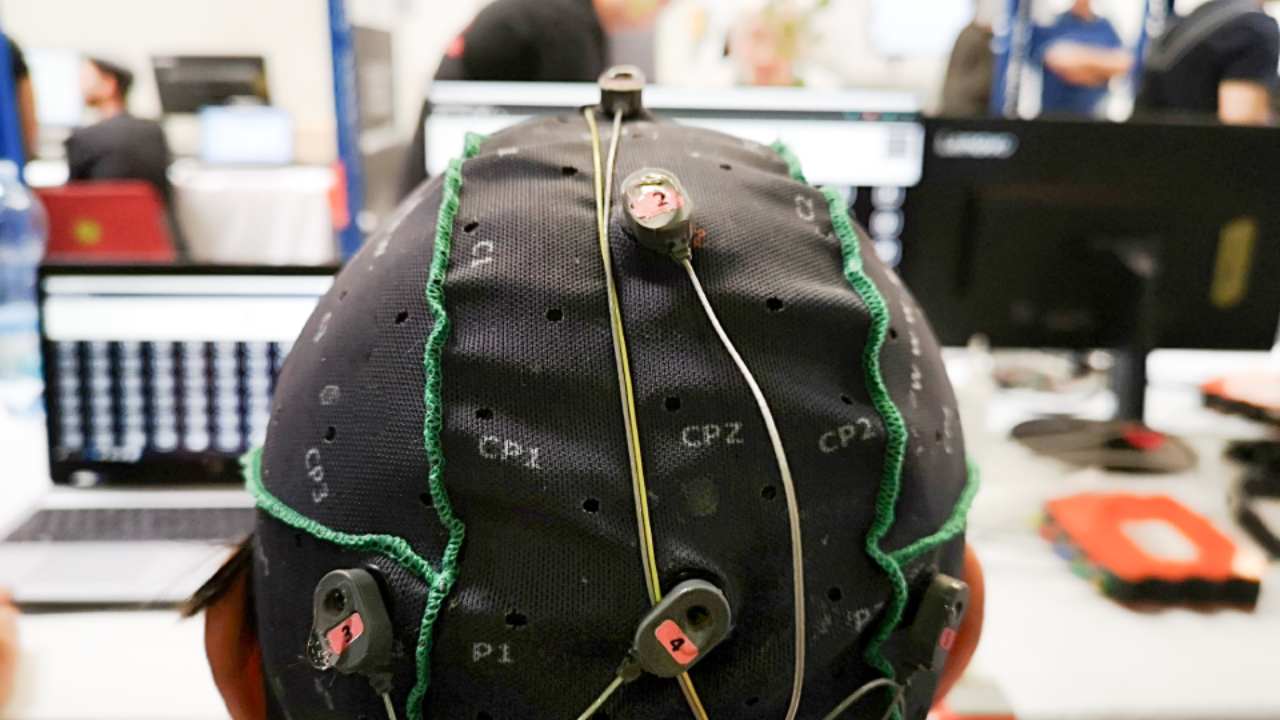
Balancing education and caregiving is a challenging but rewarding task. Juggling classes, study time, and caregiving duties demands careful planning, adaptability, and a reliable support system. Whether you’re new to caregiving or have been balancing these responsibilities for a while, these tips for balancing education and caregiving will help you manage your time more effectively, reduce stress, and achieve success in both roles.
1. Create a Colourful Schedule
Grab your favorite planner, or use a scheduling app if you’re tech-savvy, to create a colorful schedule that includes your classes, study time, caregiving duties, and social events. Color-coding your schedule is a fun and effective way to stay organized. Seeing everything laid out will help you visualize your week, stay motivated, and ensure you don’t miss out on important activities.
2. Communicate Openly with Professors
Open communication with your professors is key. Many are understanding of your situation and can offer flexibility. Simply send them an email or visit during office hours to explain your situation. You might say, “I’m balancing classes and caregiving responsibilities, and I’d love to discuss potential accommodations.” You’ll often find professors are more willing to help than you might expect.
3. Utilize Campus Resources
Your campus has numerous resources designed to help you succeed. Take advantage of services such as counseling and academic advising to ease the load of balancing education and caregiving. After all, your tuition covers these resources, so don’t hesitate to reach out.
- Counseling Services: If you’re feeling overwhelmed, counseling services are available to provide emotional support.
- Academic Advising: These advisors can help you manage your course load and offer guidance on course selection or academic challenges.
4. Build Your Support Squad
You don’t have to go through this alone! Surround yourself with a support system that can help lighten the load. Here’s how you can build your network:
Connect with Fellow Caregivers
Look for student groups or online forums focused on caregiving. Sharing experiences with others can make a big difference, providing both emotional support and practical tips.
Rope in Friends
Don’t be afraid to ask your friends for help. Whether it’s running errands, taking notes for you, or simply offering a listening ear, a strong support squad can make everything easier.
5. Master Time Management Like a Pro
Effective time management is essential. Use techniques that will help you stay productive without burning out:
The Pomodoro Technique
Set a timer for 25 minutes and focus on one task. Then, take a 5-minute break to stretch, grab a snack, or relax. This cycle helps maintain focus while preventing exhaustion.
Set Boundaries
Learning to say no to extra responsibilities is vital. Prioritize your health and well-being—remember, you can’t pour from an empty cup!
6. Leverage Technology to Your Advantage
Technology can be a game-changer when balancing education and caregiving. Use tools that simplify your tasks:
Scheduling Apps
Apps like Google Calendar can help you keep track of your busy schedule, ensuring you don’t miss any important deadlines or appointments.
When possible, opt for virtual medical appointments to save time and reduce travel. This is an efficient way to manage caregiving and education at the same time.
7. Celebrate Your Wins
It’s important to acknowledge your achievements, no matter how small. Whether you aced an exam or made progress in caregiving, take a moment to celebrate. Recognizing your wins will boost your morale and help you keep going on tough days.
8. Coping with Emotional Challenges
There will be days when balancing post-secondary education and caregiving feels overwhelming. Here are some strategies to cope with the emotional challenges:
Mindfulness and Relaxation for Self Care
Consider mindfulness apps like Headspace or Calm. A few minutes of meditation can help clear your mind, reduce anxiety, and improve your emotional well-being, enabling you to show up for both your studies and your caregiving duties.
Talk It Out
Find someone you trust to talk about your feelings, whether it’s a friend, family member, or counselor. Sometimes, just sharing can ease the burden.
Know Your Limits
It’s essential to recognize that you’re only human. Asking for help or taking breaks when you need them is not only okay, but necessary to avoid burnout.
Balancing education and dementia caregiving may be challenging, but it’s an opportunity for personal growth and resilience. By building a support network, using campus resources, and practicing self-care, you can excel in both roles. Remember, you’re not alone in this journey. Many other students are navigating the same challenges, and with the right strategies, you can thrive as both a caregiver and a student.
Related Articles: Young Caregivers, Care









